|
One of the biggest reasons people use CBD oil is to help with weight loss. It is marketed in many different products in a variety of forms, but does CBD actually work for those trying to lose weight? Here’s what we know about CBD for weightloss. What is CBD?CBD, or cannabidiol, is a natural compound found in hemp. It belongs to a group of substances known as cannabinoids, just like THC. It’s important to understand the difference between CBD and other products of cannabis. CBD, or cannabidiol, is a chemical found in hemp. It does not contain tetrahydrocannabinol (THC), which is the psychoactive ingredient found in marijuana that produces a high. Unlike marijuana, you won’t get high off of CBD, but there have been studies that suggest a multitude of health benefits from using it. It is a known antioxidant and neuroprotectant, and is commonly used for stress and anxiety relief, pain and inflammation reduction, and treating sleep deprivation. Does CBD work for weight loss?According to Medical News Today, studies being conducted on CBD for weight loss are promising but aren’t entirely conclusive quite yet. There is no direct research that shows that CBD can help you lose weight, but there is evidence that shows it causes symptoms and events in the body that can help those struggling with obesity. CBD may aid weight loss due to how it affects the body and brain. The endocannaboid system responds to different chemicals in the body through two cannabinoid (CB) receptors, called the CB1 and CB2 receptors. CB1 receptors are most dense in the brain and central nervous system and have been found to be more widespread in people struggling with obesity. Because of this, researchers believe that there may be a link between the activation of the CB1 receptors and obesity. There are several reasons that CBD is helpful in losing weight, and some evidence suggests it can also help prevent metabolic disorders like diabetes, high blood pressure, and high cholesterol. Here are some reasons current research has shown CBD works for weight loss. Reducing appetite. A 2018 study showed that CB1 receptor antagonists may help reduce appetite and control obesity because CB1 receptor antagonists block off or “deactivate” the receptor. The same study noted that stimulating the CB2 receptors decreases inflammation and reduces food intake, thereby possibly helping reduce obesity. CBD can help turn fats into good fats Research has shown that CBD plays multiple roles in how it interacts with fat in the body. Some studies have shown that CBD can help turn white fat (or ‘bad fat”) into brown fat (or “good fat”), which can help the body burn calories. In a 2016 study, researchers found that CBD did help convert white fat cells into brown fat cells, and it even stimulated the body to break down fats more efficiently. Exercise motivation Dr. Clara Lawson, MD from USA Hemp explains that CBD also supports weight loss in a different way by motivating you to exercise since the substance has promising effects on your overall mood. CBD can encourage you to perform better in all parts of your life, including how you approach your weight loss goals. How to Use CBD for Weightloss CBD comes in oils, vapes, edibles, capsules, and even topical creams and lotions. There are also a few different types of CBD, including full-spectrum, broad spectrum and CBD isolate. If you are using CBD to help you with weightloss, using an oil is the best way to see all the benefits.
At CBD Store of Michigan, we have a wide selection of CBD oils as well as other CBD supplements. To get started with dosing, read over our Beginnners Guide to CBD or give us a call for a free consultation.
0 Comments
Anyone who has experienced PMS and mood swings can vouch for this - they are not fun, and you will probably reach for anything, within reason, to help curb the symptoms. Many women in recent years have been turning to CBD products to help manage symptoms from PMS, like mood swings. Most users of CBD oil claim that it has significantly decreased their pain from cramps as well, but mostly that it helped them manage mood swings and promote a general feeling of well-being overall. What is PMS, and what are the symptoms? Pre-menstrual syndrome, more commonly referred to as PMS, affects approximately 75% of menstrating women, and the symptoms can range anywhere from mild to severe. It’s believed that there can be over 150 varying symptoms of PMS, the most common being things like irritability, anxiety, depression, fatigue and sleep problems, and bloating. These symptoms can last anywhere from 5 to 11 days before or after a period. What is CBD? Cannabidiol (CBD) is a major ingredient in hemp plants. It has, in recent years, started becoming a popular remedy for several different conditions with promising studies coming out all the time. So what does the science say about PMS and CBD? While not tested specifically for PMS, it's a promising remedy.There have not yet been conclusive studies done in regard to CBD's effect on women experiencing PMS and related symptoms, such as mood swings. But, there have been many promising studies that show that CBD does have a positive effect on people with anxiety, depression, and pain from inflammation. All of which are common aspects of PMS. Dr. Julie Holland, whose background is in psychopharmacology and is the author of The Pot Book, suggests that “CBD can be immensely useful in treating the irritability and discomfort that comes during the premenstrual phase of our cycles. Because it has strong anti-anxiety properties and is also a muscle relaxer, it can help with the overall tension, both physical and psychic, as well as menstrual cramps that can come later.” So while there have not been studies done specifically on CBD and PMS, the results from other research and studies show promising results in managing related symptoms, especially mood swings. It has also been shown to be a promising remedy for sleep problems, another common symptom of PMS. How does it work? The human body has cannabinoid receptors, from the brain and central nervous system to the gut, connective tissues, and nerves. They work with the endocannabinoid system (ECS) to maintain a state of balance in all its cells. In contrast to hemp, CBD promotes a calming feeling that deviates from the effect of a “high.” Researchers have found that taking CBD oil promotes the body’s own internal cannabinoids to function more effectively and helps to reduce stress and inflammation within its own cells, which would be a great aid in anxiety, pain, and mood swings caused by PMS. Can CBD Help with PMS Symptoms? Current research has not explicitly focused on PMS, but recent studies on other conditions with similar symptoms suggest that if you’re looking for something natural and effective it is worth trying out. While scientists and researchers conduct more high-quality studies on the relationship between PMS and CBD, it is a safe remedy to try out for managing pain and mood swings. It’s important to do your own research in addition to talking to your doctor about what products are safe for you to use based on your medical history. CBD is not a proven treatment for any illnesses or conditions.
CBD is used by millions of people for a variety of reasons. As more research comes out on the benefits of CBD, more people are trying it, including seniors and caregivers. In the last few years, there has been some promising research to suggest that CBD may help seniors suffering from dementia. Although it is too early in studies to determine if there is evidence that using CBD oil can prevent, stop or reverse dementia, it may be helpful in treating some of the symptoms of dementia. In a 2019 study by PubMed, researchers found that using CBD oil improved symptoms of dementia, particularly memory loss and behavior issues. If you care for someone with dementia, you understand that issues with memory loss are frustrating for both the person with dementia and their family. The good news is, CBD may help. How CBD helps with Dementia Some of the reasons people use CBD oil are to treat health conditions like chronic pain, poor appetite, insomnia, anxiety, and depression. People living with dementia often have all of these symptoms, along with issues with memory. Thus, CBD may be beneficial for seniors living with dementia for the same reasons it’s helpful for others. CBD oil, however, may also help specifically with some of the neurological and behavioral issues that occur with dementia. CBD’s calming effect may help people with dementia Anyone who has cared for a loved one with dementia knows that living with dementia can be stressful. Due to the way dementia affects the brain, people suffering from dementia may become confused, agitated, or anxious from seemingly normal, everyday occurrences. CBD may calm the brain of dementia patients in the same way it helps with general anxiety. Although we are still researching its potential treatment for dementia, according to a few studies it may reduce agitation and violent outbursts from dementia patients because of its calming properties. CBD may improve brain health in people living with dementia  In addition, it may actually improve brain functioning because of its anti-inflammatory properties. We believe the loss of brain cells and the memory loss associated with dementia and Alzheimer's may be a result of inflammation in the brain. Researchers believe CBD oil may help with vascular dementia. Vascular dementia is a term used to describe any problems with memory and reasoning caused by impaired blood flow in the brain. We believe that inflammation reduces the blood flow in areas of the brain that control memory and other cognitive functions. CBD has been found to lower the levels of a particular protein linked to brain cell damage and death. Scientists have discovered that people with Alzheimer's have a higher level of this particular protein. This toxic protein causes an immune response in the brain, which results in inflammation and brain cell death. Not only does CBD reduce inflammation, but it may reduce the levels of this protein. CBD and Brain Function As the progression of dementia takes place, the brain cells and the loss of brain function that is lost is ultimately lost for good. While this decline can vary, it is often rapid and severe. Although CBD can’t cure dementia or stop the progression, it may have properties that help reduce the amount of brain cell loss. The primary way that CBD helps is due to its anti-inflammatory properties. However, we are still learning about the endocannabinoid system and how cannabinoids work in the body. With thousands of studies being published on CBD each year, we hope to learn more about how CBD helps with brain health and brain cell preservation. At this point, the research on the effects CBD oil has on dementia is limited. There have only been small-scale studies, so further research is needed. What we know about CBD What we do know is that CBD is considered safe and well-tolerated. Its anti-inflammatory properties have been well-researched. Yet, we are still learning how and if these properties can improve the lives of people with dementia.
If you are considering using CBD oil to help someone with dementia, always consult a doctor on the potential benefits and discuss any possible medication conflicts. If you are just starting to use CBD, always start with a low dose and gradually increase the dosage to see if symptoms improve. For more information: www.cbdstoremi.com Epilepsy – which causes seizures – occurs due to erratic electrical activity in your brain. These uncontrolled movements can be highly disruptive to a person’s day-to-day life and can result in serious physical and emotional distress. If you have epilepsy or have a loved one who does, you know how devastating the condition can be. If you are considering CBD for epilepsy, there is promising research that suggests it may help. Cannabidiol (CBD) has received a great deal of attention lately for medical use, including the treatment of epilepsy. In 2018, the Food and Drug Administration (FDA) approved a CBD-based treatment called Epidiolex for two rare forms of epilepsy (Lennox-Gastaut syndrome and Dravet syndrome). Though Epidiolex is the only FDA-approved CBD treatment, research suggests that CBD may be beneficial for epilepsy and seizures. However, before you try CBD products to manage or treat your seizures, you should talk to your doctor about the potential benefits and risks and also discuss how it might interact with your current medications. How Does CBD Help Epilepsy and Seizures? Interestingly enough, it’s not known why or how CBD prevents epilepsy or seizures. What we do know, though, is that our bodies are hosting a vast and complex system of neurotransmitters and receptors called the endocannabinoid system. While research on this system is relatively new and ongoing, it’s believed that this system helps to regulate body functions such as appetite, sleep, pain, and even our immune system. It is believed that CBD works by attaching itself to receptors in the endocannabinoid system that is responsible for regulating neurological signals in the brain. CBD may improve the connections between neurons, which in turn may reduce the excitability that causes seizures. Research done on animals has demonstrated CBD’s positive effects on seizures may come from dampening neuronal excitability in the TRPV1 receptors. The same study also found indications that CBD may have anticonvulsive effects on more than just the TRPV1 receptors, though more research is needed. Epidiolex Research and Availability Epidiolex is the only FDA-approved CBD treatment for epilepsy, and it’s only available to people over the age of 2 with Lennox-Gastaut syndrome and Dravet syndrome. These are both very rare forms of epilepsy, so the availability of Epidiolex is highly limited. Still, the research on this drug is extremely promising. A study published in 2018 tested patients with various types of epilepsy and found it to be incredibly effective at reducing seizures. Before using the drug, patients were averaging 59.4 seizures per month. After 12 weeks of using CBD, the average participant had just 22.5 seizures per month. The study lasted for 48 weeks, with reductions in seizures persisting for the length of the study. Further Research on CBD and Epilepsy The 2018 Farm Bill that was passed by Congress and signed into law legalized hemp farming (with heavy restrictions) and paved the way to greater research on hemp and CBD. As a result, the medical study of CBD has gained considerable speed, though we are still a long way from knowing all of its potential uses and benefits. Another study found mixed results for CBD treatments. This study, completed in 2020, found that CBD may actually enhance the effects of other antiepileptic drugs. That may be in addition to CBD’s own antiepileptic effects. This is excellent news for anyone with epilepsy. However, the same study also cautioned that in certain cases CBD has “the potential for seizure aggravation.” The scientists warned that CBD might rightfully be a valid tool in fighting epilepsy, but it’s not a cure for epilepsy and may come with risks. While there is still not enough research on CBD for epilepsy and seizures, what has been found so far is certainly promising. CBD, Epilepsy, and Seizures We've certainly come a long way in a short time. Even the U.S. Congress recognizes the wide-ranging benefits of CBD and hemp. CBD is now available in all 50 states.
Due to the new acceptance of CBD, the medical community is finally getting its hands on this incredible natural substance. As a result, we're learning a great deal about CBD's positive medical effects on our digestion, sleep, pain, and immune systems. The FDA has even embraced the limited use of CBD to treat two rare forms of epilepsy. This is certainly great news, and we hope this trend continues. With more research, CBD has the potential to be a game-changing natural treatment for millions of people around the world suffering from the debilitating effects of epilepsy and seizures. Don’t be afraid to discuss CBD oil with your doctor. More doctors are opening their minds to the benefits of CBD. It is generally considered safe and well-tolerated. Numerous studies have found it beneficial, and it may well be the right treatment for you or a loved one. If you need help deciding which CBD products to start with, give us a call for a free consultation. We can help answer any questions you have about which type of CBD you would be best to start with. CBD Store of Michigan 616-291-9558 www.cbdstoremi.com Have you tried everything to quit smoking? If you’re wondering if CBD can help you quit smoking, there is a lot of interesting research that suggests that it can. CBD gives you a different way to curb your addiction, all without having to use any kind of tobacco substitution. Plus, it’s affordable, available in all 50 states, and you don’t even need a prescription. According to the CDC, an estimated 14% of Americans over the age of 18 – which equates to 34.3 million people – are smoking cigarettes, while another 8 million are using smokeless tobacco. And at this point, we’ve all heard how bad it is for you, so just saying that out loud doesn’t make it any easier to quit. But if you haven’t tried using CBD to quit smoking, then you haven’t tried everything. You’ve tried going cold turkey, chewing the gum, using patches, and you’ve read about the benefits of Chantix. With all the information out there on how to quit, as the stats from the CDC shows, a lot of us are still smoking. Nicotine Addiction Many of the solutions listed above, including the nicotine gum, patches, and, of course, Chantix, are Big Pharma solutions meant to curb nicotine intake. A lot of these “solutions” have been around for decades, and unfortunately, their results are quite mixed. Many of these cigarette replacements still involve giving your body nicotine. While nicotine isn’t the primary cause of tobacco-related health issues, it is still an addictive chemical that can cause withdrawal symptoms. Withdrawal symptoms are wide-ranging and run the gamut from physical to psychological. If you’ve been smoking for years, you’ve likely tried to quit more than once and know all about the withdrawal symptoms. From headaches and nausea to insomnia and even depression, quitting smoking is not easy. While CBD is not a cure-all, there have been studies done that show CBD may ease your withdrawal symptoms and reduce your urge to smoke. CBD May Calm Nicotine Withdrawal Symptoms One way that CBD can help you with your withdrawal symptoms is by easing your anxiety. Anxiety can be devastating for our mental and physical health, and it’s an unfortunately common withdrawal symptom felt by many people. Luckily, a good deal of research done on CBD has pointed to its ability to treat anxiety. In fact, CBD has been found to treat general anxiety, anxiety in children, and anxiety related to PTSD. What’s more is that another study has found CBD oil can treat another withdrawal symptom: vomiting and nausea. That’s because CBD helps regulate your body’s endocannabinoid system, which is part of what controls nausea and vomiting in humans. While the study is only preliminary, the authors - a group of psychological and neural researchers at a University in Canada - suggested CBD may even be strong enough to help chemo patients overcome their sick feelings. The more CBD comes under scientific study, the more we’re finding out its positive effects on our body’s regulation. Consequently, we’re finding out that CBD may be an effective anti-smoking remedy. CBD May Help You to go Smoke LessBut it’s not just withdrawal symptom regulation that CBD can help with. CBD may significantly reduce your urge to smoke. This time, the study comes from the experts at the Clinical Psychopharmacology Unit at the University College of London. Their study gave smokers a CBD inhaler, while another group was given a placebo. Both groups were told to use the inhaler when they felt the urge to smoke. The result? The group using the CBD-infused inhaler smoked an incredible 40% fewer cigarettes over the course of the study. The researchers concluded that their study, along with the rationale for using CBD as an anti-smoking supplement in the first place, “warrants further exploration.” We wholeheartedly agree! Another Interesting Study About CBD and Tobacco An interesting and somewhat related study to the one above was done in 2018 by a range of researchers in England. They found that, when given CBD orally, participants paid much less attention to tobacco and cigarette-related pictures than those who were given a placebo. Further, those with the CBD rated tobacco-related pictures as less pleasant than those who took the placebo. This study, combined with the one above, points to an interesting phenomenon where CBD may leave us simply less interested in tobacco and cigarettes overall. That’s awfully helpful if you’re trying to lay off smoking. So, Can CBD Help You Quit Smoking? A lot of the early evidence points to CBD being a potential quit-smoking aid. In particular, CBD seems to help with quitting smoking in two important ways. First, it helps alleviate some of the horrible withdrawal symptoms you experience when you quit smoking. And then, it may help decrease your urge to smoke in the first place.
If you are interested in CBD products from CBD coffee, to CBD gummies, and oils, we have an incredible selection of CBD products to choose from. If you are a beginner to CBD start by reading our beginner's guide and then explore all of our CBD products. You’ve heard about melatonin and might also know that CBD may help with sleep. But, what about taking CBD and melatonin together? Is it safe to mix the two? Do the two supplements work well together, or should you choose one or the other? The research on CBD and melatonin is interesting. If you are looking for a better night’s sleep, you might be curious about how the two work together to help you sleep better. CBD is known to relax the body and produce a calming effect. This is why some people like to take it at night before bed. Then there’s the other common night-time supplement: melatonin. While the effects of CBD – namely, calming and relaxation – can ultimately induce sleep, melatonin works by directly signaling your body that it’s time for bed. Is it safe to take CBD and Melatonin together? A question many people have is if it is okay to take the two supplements together. The answer is not only a resounding “yes,” but the two actually seem to work extremely well together in tandem. You see, this is because melatonin and CBD are both good for sleep but in slightly different ways. A relatively recent study has shown that CBD can help reduce sleep latency This is basically a fancy way of saying that CBD helps to reduce the amount of time it takes to go from full wakefulness to sleep. While CBD has only recently begun to get studied by scientists, the early data are showing promising results for the cannabinoid as it relates to sleep. Similarly, separate studies have found that melatonin not only helps induce sleep but has also shown that melatonin increases the quality of your sleep as well. This is because melatonin, which scientists have widely studied for decades, is actually a hormone that your body naturally produces in the brain’s pineal gland. Melatonin plays a crucial role in your body’s circadian rhythm, and if you’re lacking the hormone, you’ll also be lacking in sleep. If you decide to take these two supplements together, you should be able to fall asleep faster, and you’re likely to have a better night’s sleep. Now, if you’re reading this and thinking, “I’m not an insomniac, so this must not be for me,” you should keep on reading. That’s because a 2016 study done by the CDC found that a whopping 1 in 3 adults doesn’t get enough sleep at night. And if you’re not sleeping at least a full, relatively uninterrupted 7 hours at night, the same study showed that you’re at much higher risk of obesity, diabetes, high blood pressure, heart disease, stroke, and frequent mental distress. Benefits of taking CBD with Melatonin So, taking these two supplements at night may not only get you to bed faster and help you sleep through the night, but as a byproduct, they’ll also help your body weight, heart, and mental health.
There is not a great deal of medical research out there on the effects of using CBD and melatonin together. The early results of CBD studies are definitely trending in a positive direction, and melatonin is a long-proven sleep aid, but there is just not much out there about using the two together. For that reason, you may still find it helpful to consult with your physician before taking the two supplements at the same time. Nevertheless, we are really hopeful about melatonin and CBD. There is little indication that either one has negative side effects, and all of the evidence we’ve seen suggests that they complement each other very nicely. And one big plus side is that, unlike with benzodiazepines and other sleep medications, melatonin and CBD do not give you any kind of hangover, withdrawal symptoms, or other serious side effects. Natural, plant-based supplements are a healthy and cost-effective alternative to lab-made medications. For better sleep, experts also recommend lowering or eliminating your caffeine consumption, reducing your exposure to bright lights such as a TV, computers, or tablets, and trying to set a consistent sleep schedule. If you find yourself doing all of these things (or even if you’re not) yet, you’re still having trouble falling asleep, we strongly suggest trying our CBD oil. Most people find CBD help them rest, relax, and fall asleep. If you start your morning with coffee, but still find you lose focus throughout the day, you’re not alone. Sixty-two percent of Americans drink coffee every day. Thirty-three percent drink energy drinks regularly. And, 25 percent of Americans over age 50 take a dietary supplement to improve their brain health. If you’re one of the millions of Americans that use coffee, energy drinks, and supplements to boost your energy, you might be interested in learning more about CBD for energy and focus. We know that CBD plays a role in sleep, appetite and mood, but can it also help with energy and focus? As we learn more about the potential benefits of CBD oil, research into its uses has exploded. However, most of the studies have focused on CBD for pain, anxiety, and sleep. There has not been a lot of research on CBD oil for energy and focus. Disclaimer: This does not constitute medical advice. Please consult your doctor for medical advice regarding CBD oil or any other medications. How CBD improves energy and focusCBD oil has a variety of uses. Although it’s primarily used for pain and anxiety, researchers are learning more about how the endocannabinoid system works and how it might help with energy. Some researchers believe it can provide a natural boost in energy and alertness when taken in low dosages. What people like about CBD is that it makes you feel energized in a different way than coffee or stimulants. It doesn’t create the same side effects as fueling up on caffeine. You don’t feel jittery and it doesn’t create the withdrawal symptoms that you get from caffeine. Instead it works naturally with the parts of your brain responsible for regulating alertness. Although we don’t have a huge amount of research on CBD oil’s effect on energy and focus, we do know a few things about how it helps. A study published in the journal Current Neuropharmacology suggests that CBD oil has promising properties that may improve wakefulness and focus. Another study in rats found that CBD improves alertness by activating neurons in the hypothalamus and DRD (dorsal raphe nucleus). Both areas of the brain are involved in regulating serotonin and dopamine. The study found that CBD administered to rats increased their dopamine levels and increased alertness. But wait, I thought CBD helped with sleepIf you’re confused about how CBD can help with sleep and wakefulness, it’s because CBD has different effects depending on the dosage. Research suggests that lower doses may improve alertness, while higher doses may be sedating. With this in mind, if you are considering using CBD oil to improve your focus, it’s best to use a low dosage. A 2014 study found that a dosage of around 15mg increased wakefulness. CBD may help improve your wake sleep cycles naturallyIt’s interesting to see that CBD can help with both wakefulness and sleep. In order to see the full benefit of CBD, it’s helpful to understand how it helps with sleep. Getting quality sleep is necessary to feel more alert. Sleep is when your brain and body restores itself and heals. You can’t skip out on good sleep and expect to feel focused. Adding CBD oil to your morning routine may help with focus, but getting a quality night’s sleep will help you wake up more refreshed. CBD in general doesn’t have a sedating effect. However, we believe it helps with sleep because of its effect on cortisol levels. Cortisol is a stress hormone that is typically at its highest in the morning. People that struggle with sleep often have higher levels of cortisol and this may be why they have problems sleeping. Scientists have found that CBD can significantly decrease cortisol levels when taken at higher doses, around 300-600 mg. By lowering cortisol levels, it’s easier to fall asleep. Another less talked about cannabinoid, CBN, may help with sleep even more, especially when taken with CBD. CBN, is a minor cannabinoid that is believed to have a sedating effect. When taken in the evening, it may help you to get a better night’s sleep. When taken at the right doses, CBD may be beneficial for focus and sleepIf you are interested in using CBD oil to improve your focus, consider adding CBD oil to your morning and evening routine. At the right dosage, CBD oil may help you to improve your sleep wake cycles and make you feel more energized and focused.
If you have used CBD oil, you might be interested in its sister CBN oil. If you’ve never heard of CBN or cannabinol, it is a minor compound found in hemp and marijuana plants. CBD and THC are the most talked about cannabinoids found in cannabis, but there are actually many lesser-known cannabinoids found in hemp. These include CBDa (cannabigerolic acid) CBDa (cannabidiolic acid}, CBDV (cannabidivarin), CBG (cannabigerol), CBC (cannabichromene). and CBN (cannabinol). What is CBN (Cannabinol)? CBN (or cannabinol) is one of the more interesting cannabinoids found in cannabis plants. We've known about CBN for quite some time, but we are just now learning how CBN works and what it does. CBN has not been studied as much as CBD and THC. This is mainly because CBD and THC are the two primary compounds found in cannabis. CBN is a minor cannabinoid that is not naturally produced in large amounts. This makes it harder to extract and more difficult to study. However, we do know a few things about CBN. When CBN was first discovered, researchers thought CBN was the component of marijuana that makes you feel high. As we studied cannabis more, we identified THC as the psychoactive compound in cannabis. CBN is actually a byproduct created when THC breaks down. This happens naturally as hemp ages and is exposed to light and heat.
|
Authors:A collection of quality writing from some very interesting and informed people! Archives
June 2023
Categories |
CBD Store of Michigan
|
© COPYRIGHT 2025 ALL RIGHTS RESERVED.
|
Disclaimer: These products are not for use by or sale to persons under the age of 21. The statements made regarding these products have not been evaluated by the Food and Drug Administration. The efficacy of these products has not been confirmed by FDA-approved research. These products are not intended to diagnose, treat, cure or prevent any disease. All information presented here is not meant as a substitute for or alternative to information from health care practitioners. Please consult your health care professional about potential interactions or other possible complications before using any product. The Federal Food, Drug and Cosmetic Act requires this notice.
Serving all of Michigan: Fremont, Holland, West Olive, Saugatuck, Hamilton, Kalamazoo, Fennville, Douglas, Grand Rapids, Grandville, Hudsonville, Walker, Cascade, Grand Haven, Spring Lake, Fruitport, Nunica, Fremont, Muskegon, Whitehall, Montague, Lansing, Lapeer, Saginaw, Bay City, Flint, Lansing, Troy, Detroit, Ann Arbor, Rochester Hills, Grand Blanc, Farmington Hills, Sterling Heights, Warren, Sandusky, Marlette, Croswell, Imlay City, Pontiac, Frankenmuth, Almont, Metamora, Royal Oak, and Auburn Hills.
Serving all of Michigan: Fremont, Holland, West Olive, Saugatuck, Hamilton, Kalamazoo, Fennville, Douglas, Grand Rapids, Grandville, Hudsonville, Walker, Cascade, Grand Haven, Spring Lake, Fruitport, Nunica, Fremont, Muskegon, Whitehall, Montague, Lansing, Lapeer, Saginaw, Bay City, Flint, Lansing, Troy, Detroit, Ann Arbor, Rochester Hills, Grand Blanc, Farmington Hills, Sterling Heights, Warren, Sandusky, Marlette, Croswell, Imlay City, Pontiac, Frankenmuth, Almont, Metamora, Royal Oak, and Auburn Hills.

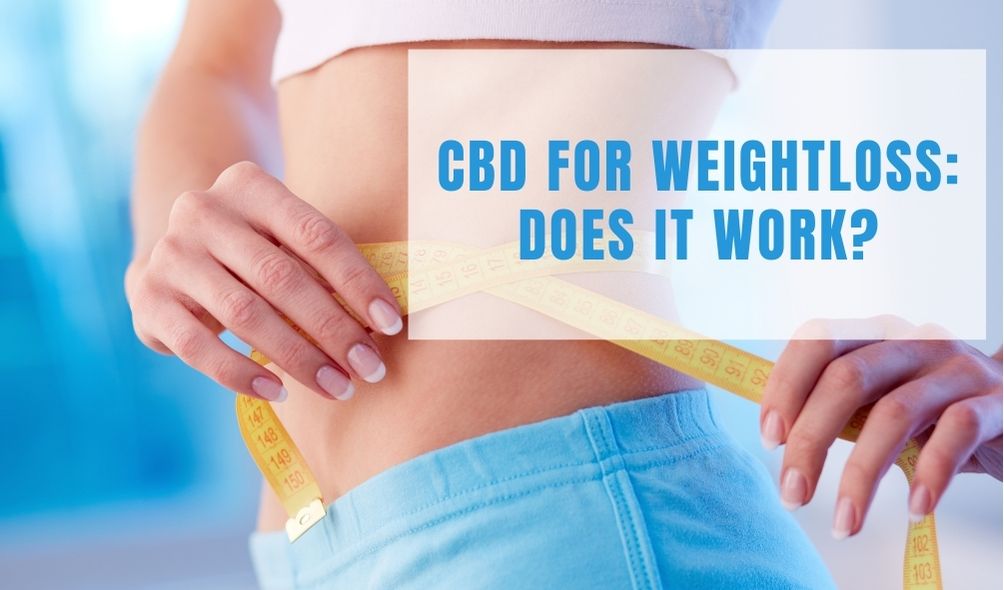
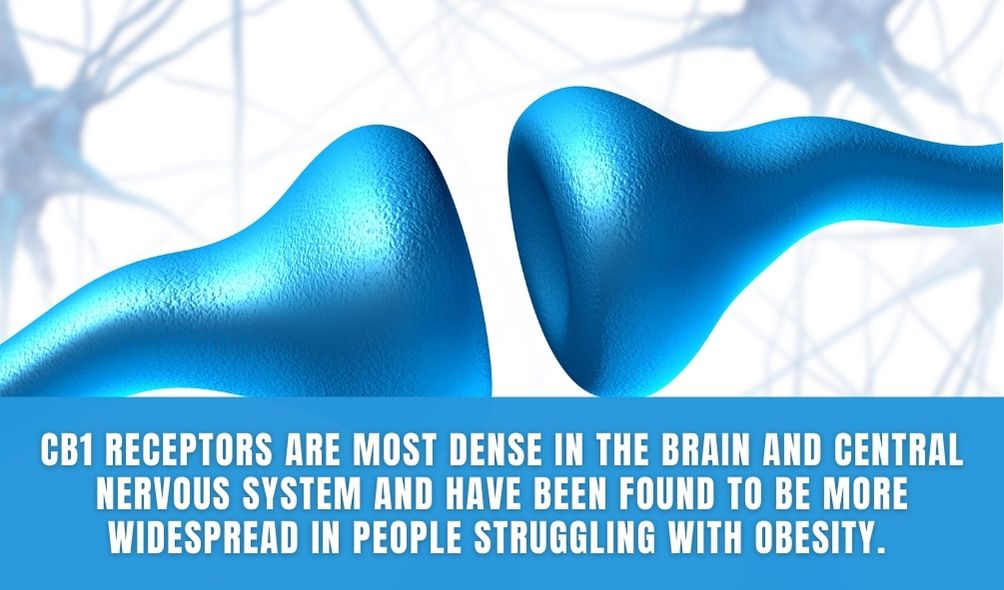

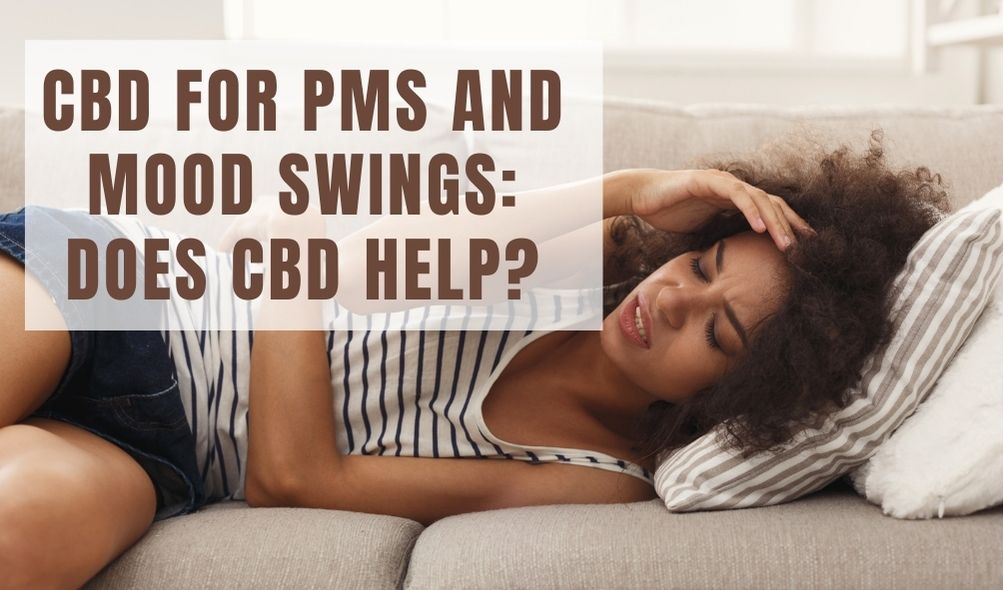
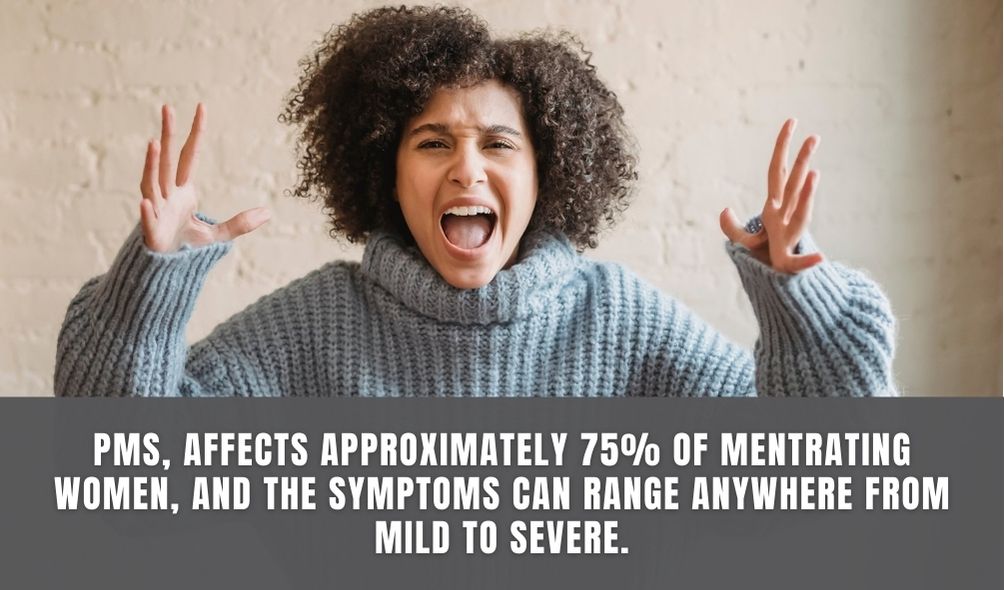
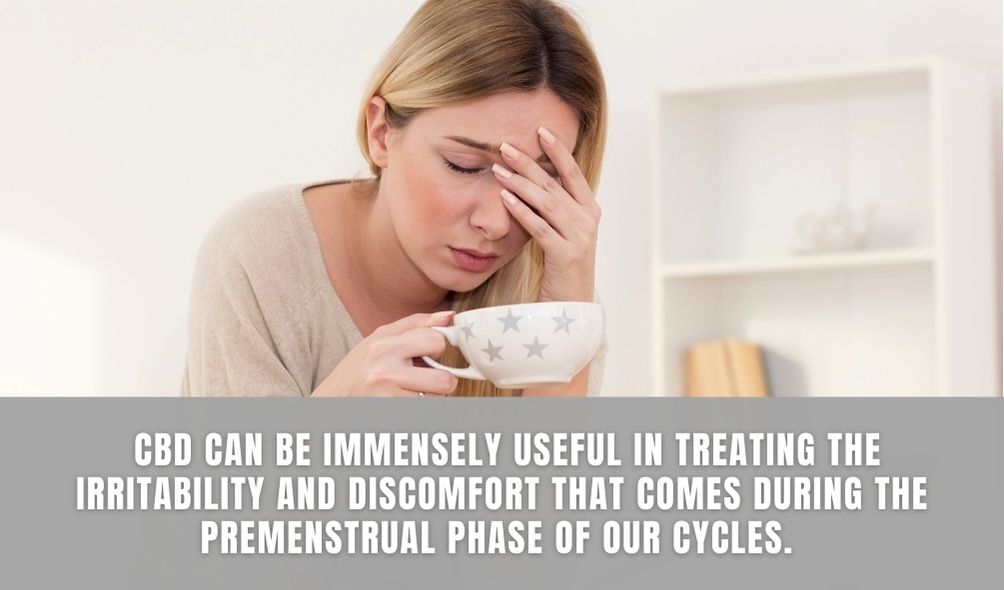

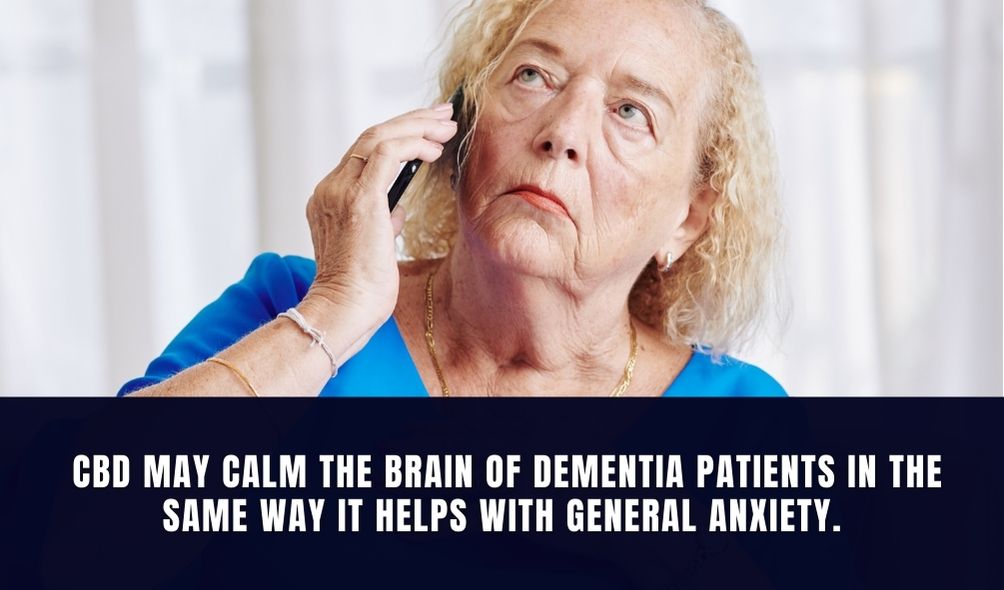
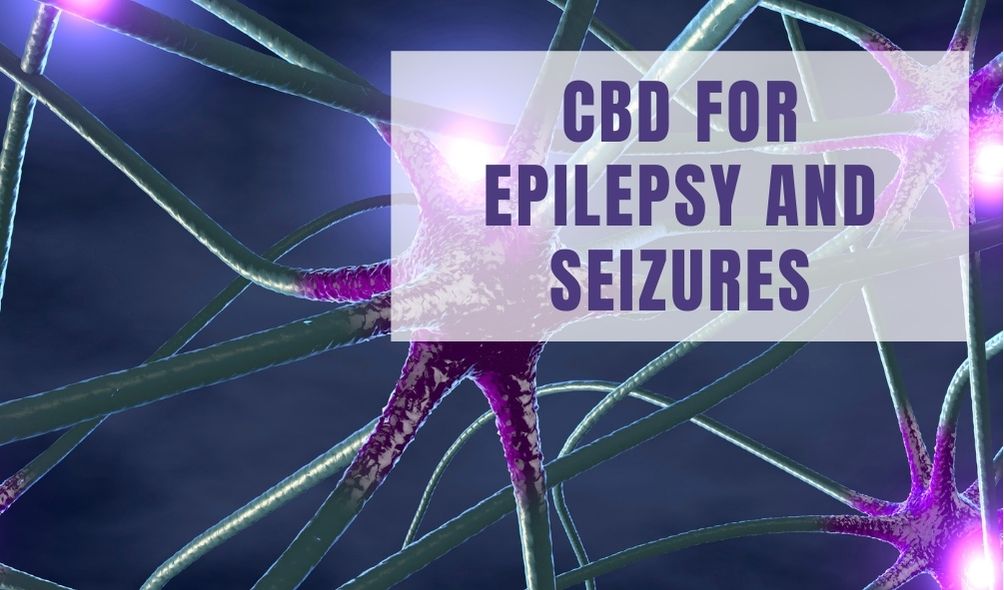
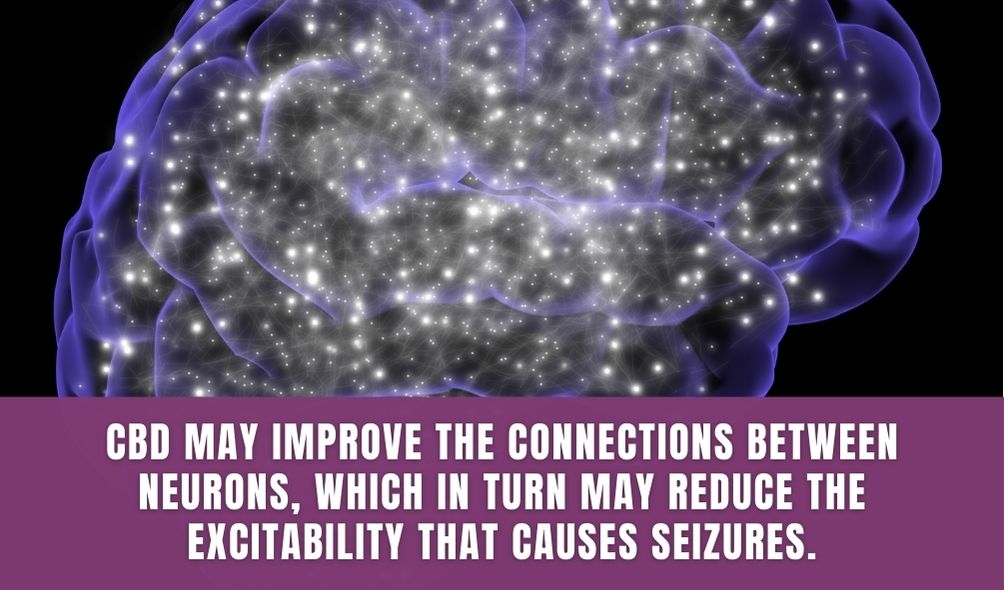
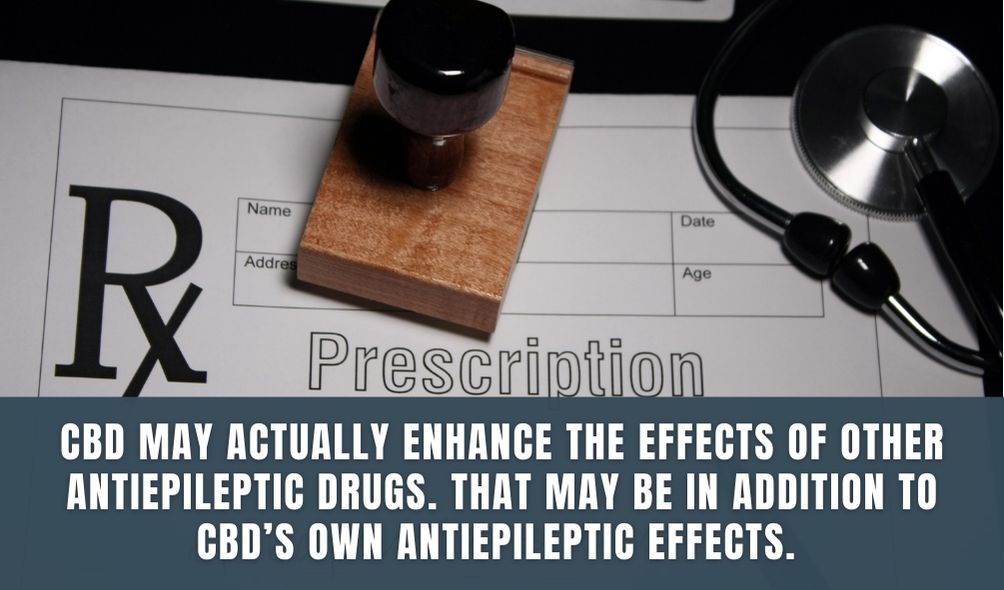





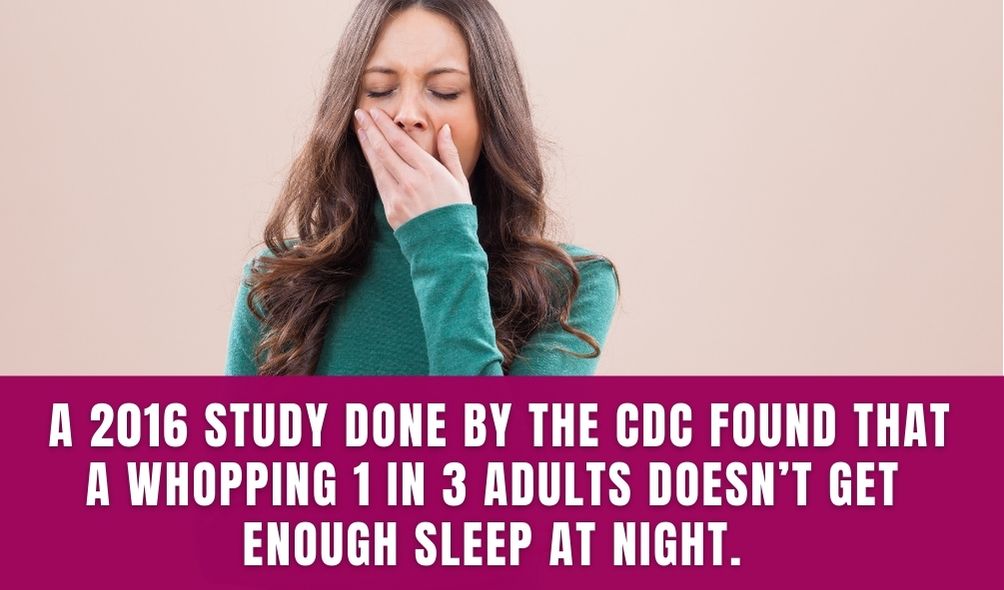
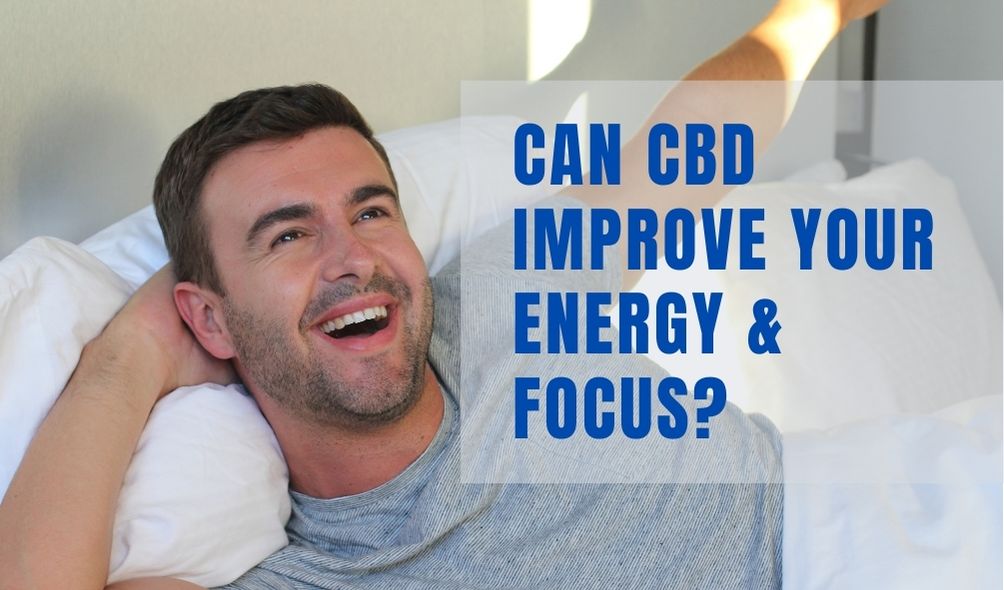




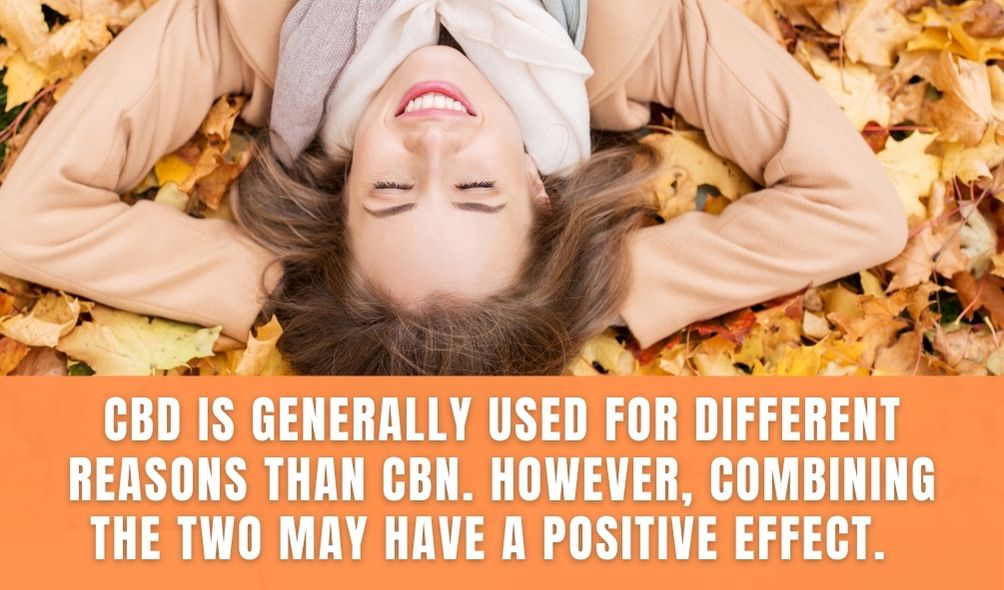
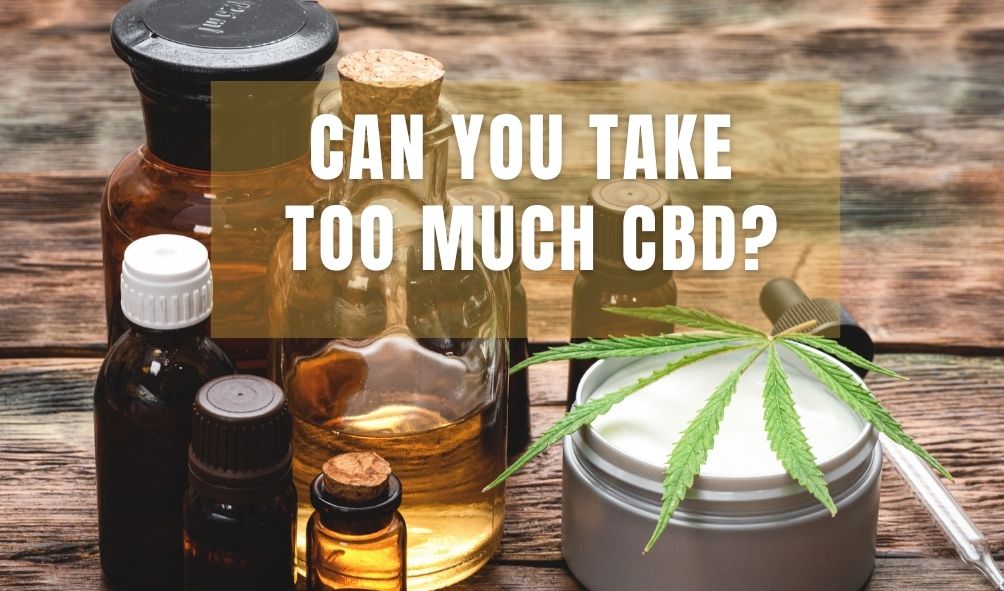

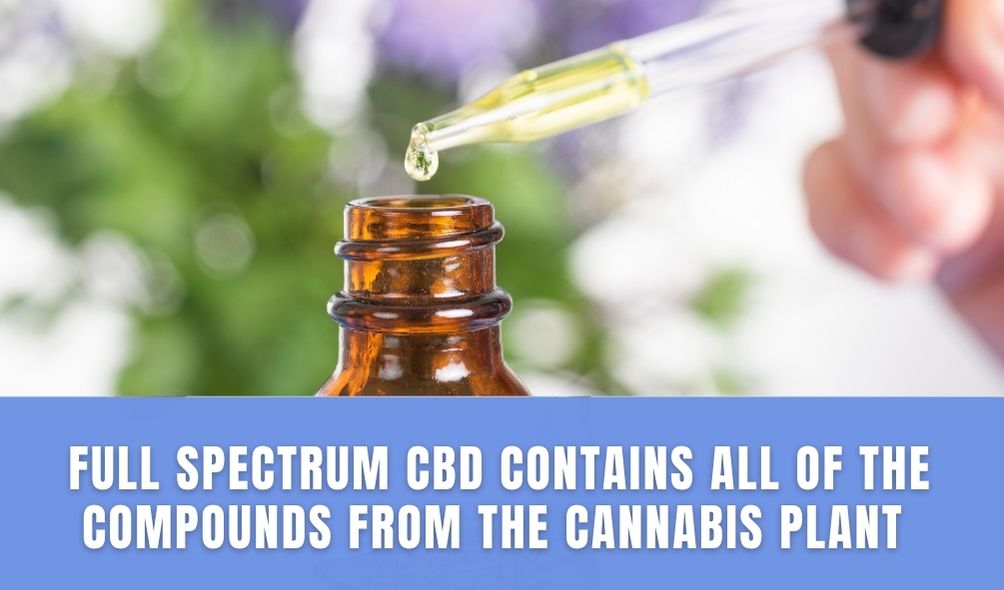








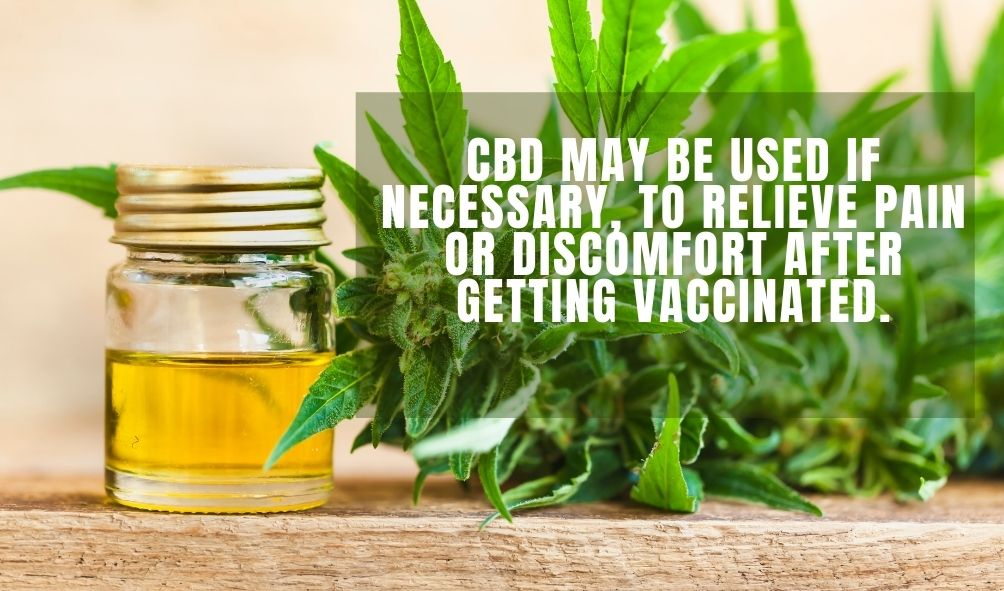

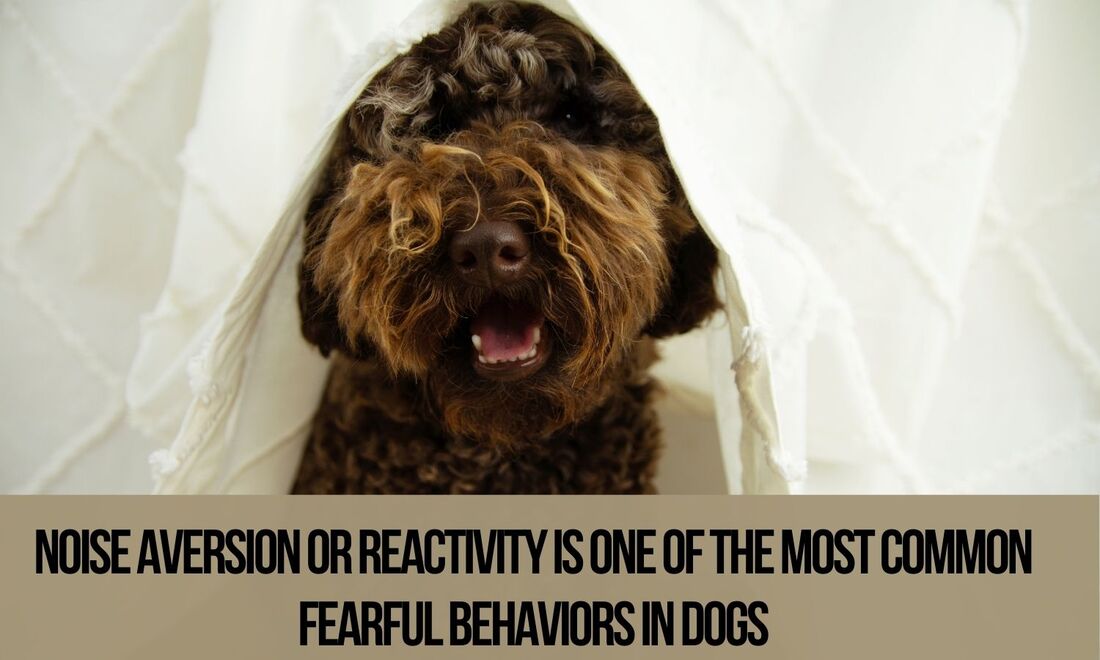

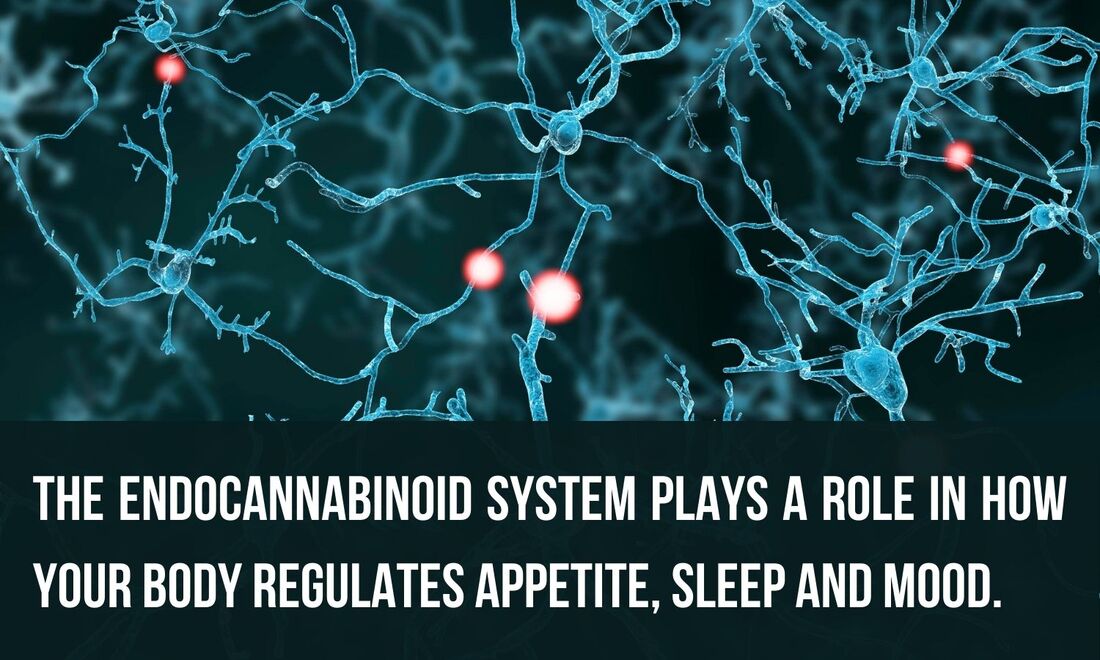
 RSS Feed
RSS Feed